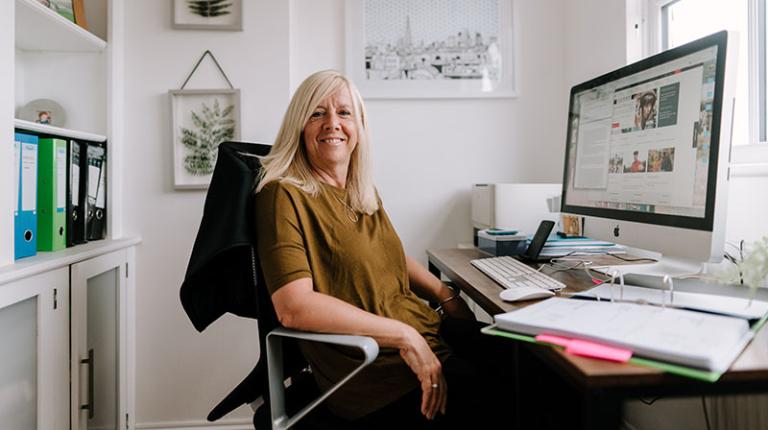First, you need a clear overview of your finances and expenses. To get this, you need to create a monthly budget.
Commit to a 'financial fortnight' or 'money month' where you track your daily expenses. You can do this by:
- looking at your transaction statements online
- using a phone app to record your expenses
- writing down your cash and card purchases.
After completing your fortnight or month, you'll have a clear overview of your finances and you'll know where your money is going. Sometimes knowing how much you're spending can encourage you to spend less.
From here, you can work out how much you need for essential expenses, such as:
- rent or board if you're living at home
- bills, such as water, electricity, gas, internet, phone
- groceries
- medical and dental costs
- insurance, including private health
- childcare
- expenses for pets such as food, toys and vet bills
- petrol and car registration, insurance, servicing and maintenance
- public transport
- course materials, such as textbooks, laptop or tablet.
You can include family-related expenses if you have children, such as school fees, mortgage, house maintenance, electrical goods and furniture. You may also need to figure out additional costs if you're moving out of home for the first time.
Once you’ve got these expenses figured out, you’ll know how much money you can allocate to other activities, such as:
- nights out
- dining out and takeaway
- movie tickets and entry to art galleries
- leisure activities like concerts, festivals and shows
- new clothes
- gym membership
- hair and beauty expenses
- gifts and donations
- travel
- subscription services (Netflix, Stan, Spotify, etc).
These are also the things you can cut back on, to make your budget work for you. Take this opportunity to see if there's anything you can do without for a little while or entirely, to save money.
You should also include how much you’d like to send to your savings and/or emergency fund every pay. Even if you can only save a little, it's good to make a start, as it will add up over time.
Then you can:
- Work out your total income while studying for the year. This figure may fluctuate, depending on whether you’re working casually, on a scholarship or receiving a study allowance.
- Subtract your essential expenses from your total income.
The amount you’re left with will determine how much cash you have left for leisure activities and holidays, or to add to your savings.
What is a reasonable student budget?
There is no template for an ideal student budget, as it depends on your own circumstances.
Some students may work part or full time, generating more income. Others need to allocate money for rent or a mortage, or will have dependents and pets to take care of.
It also depends on what's important to you. You might not mind cutting back on dining out and takeaway, but want to maintain your gym membership while you study.
This is why it's a good idea to track your spending for a couple of weeks or a month, to see where you money is going. You can then use this data to create the perfect budget for you.
Ideally, you'll want to cover your essentials and leaves extra funds to allocate to 'fun', savings and if possible, an emergency fund.
It’s also a good idea to plan for additional expenses. Create a buffer that you can use to cover any unexpected but necessary costs.
I have a hard time sticking to my budget, did I calculate it right?
Remember your budget doesn’t need to be set in stone. If you’re finding it hard to stick to, you can always review your expenses and tweak things as needed.
As you revise your budget, you can take the time to scrutinise your spending habits. You may discover some hidden costs, such as fees on your bank accounts or direct debits for subscriptions you no longer use.
Checking your bank statements regularly will also help you spot unauthorised or mistaken transactions.
MoneySmart is a website developed by the Federal Government, that offers free advice and information to help Australians improve their financial literary. Discover the steps involved in setting up a budget and how to manage your money on a low income.








